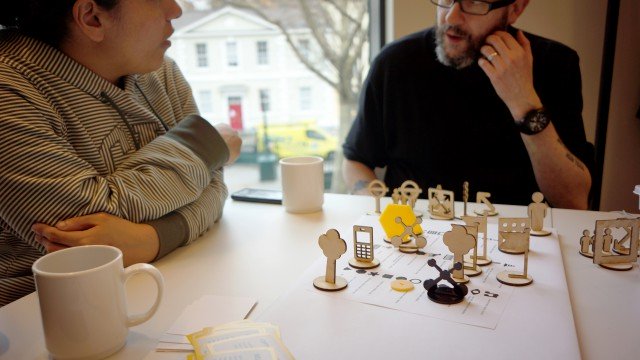
Visioning workshop, opportunity: Walking the City
Orientation is exceptionally difficult, with little or no visual cues and confusing soundscapes, alternative solutions are needed to guide…
We estimate that 4 million people will be living with sight loss in the UK by 2050. We need to better understand the problem from the individuals' perspective and identify integrated solutions to make cities enjoyable for everyone.
Watch our short films and find out more about the everyday challenges of people with sight loss and the remarkable ways which they are forced to overcome them.
Discover how we developed, trialled and tested our 3D soundscape technology on a route from Reading to London.
Learn about the emerging opportunities for city planners, architects, technologists and policy makers the world over.

Orientation is exceptionally difficult, with little or no visual cues and confusing soundscapes, alternative solutions are needed to guide…
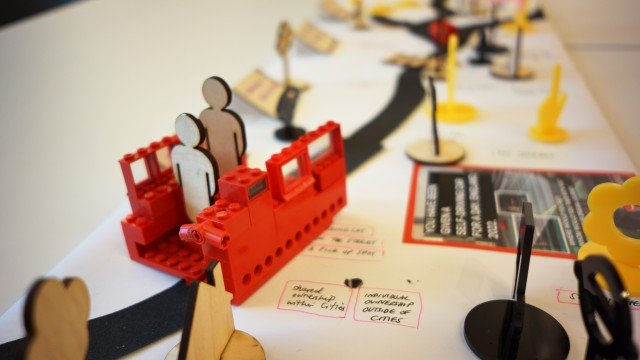
Existing street furniture and amenities can be a hindrance to the blind and partially sighted. Shared spaces and open streets can disrupt…
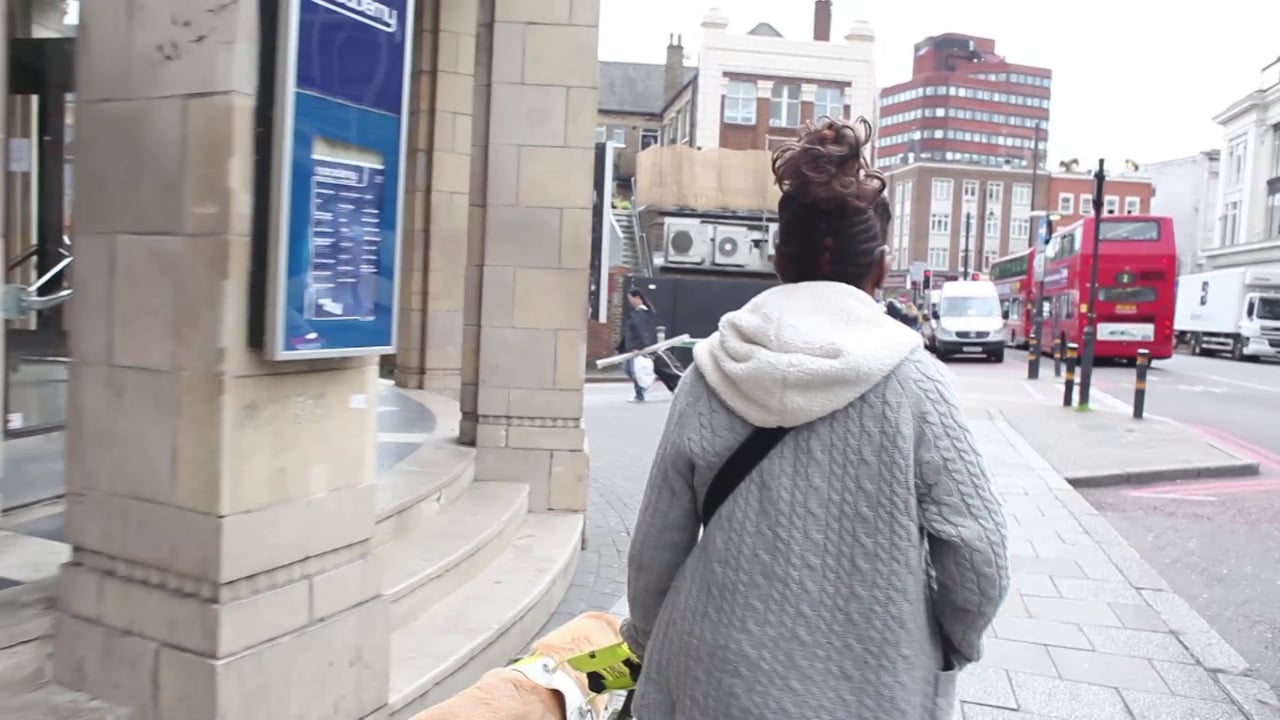
From fish to fried chicken people with sight loss use all sorts of smells as navigational cues. Like any other landmark for a smell to be…
Many people with sight loss are aware of the potential of technology to enhance their independence and feel that they need to work to stay…
Several participants are excited about the potential for near field technology to help them make journeys but they have some advice for…
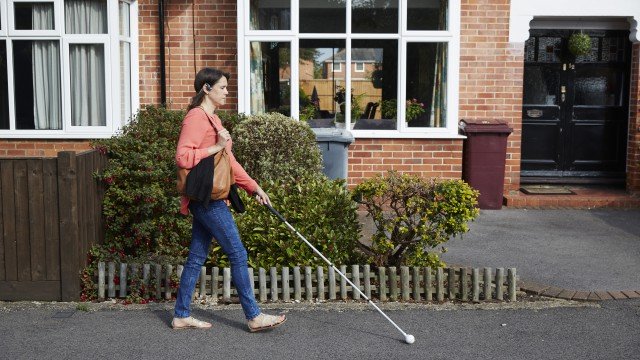
Kate leaves her house and walks down Tamarisk Avenue towards Reading town centre. She’s informed that there’s a new dropped kerb…
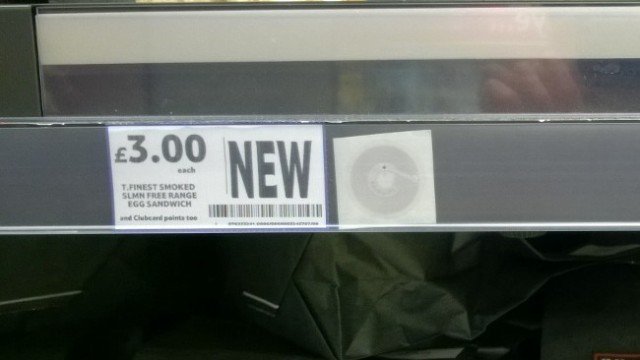
Always thinking ahead, Kate stops off at Tesco to buy lunch. She uses the technology to do a quick sweep of the store and get a sense of…
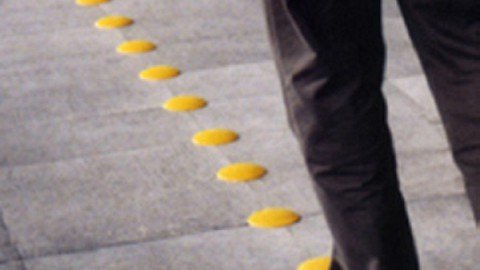
Designed by Raynes Associates, Tacdots are easy to install and easy to use tactile wayfinding dots. The dots can be used for inside and…
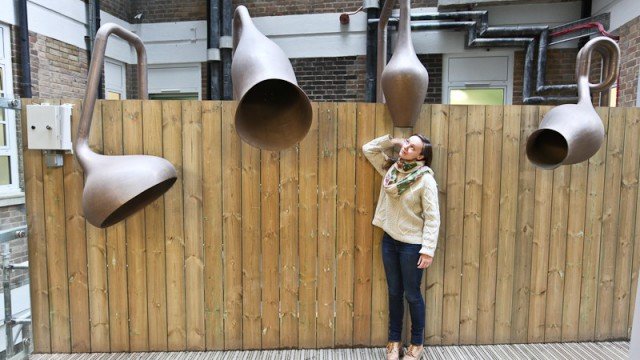
Lullaby Factory was set up at Great Ormond Street Hospital to create a calming environment for patients. It is an art installation that…
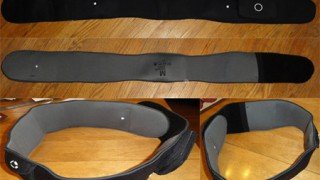
Developed by Tactile Sight, a spinoff of the University of Waterloo, the Tactile Belt functions much as a route planner such as Google…
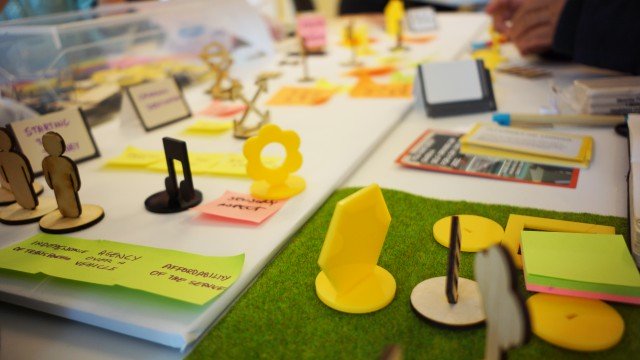
The commercial potential of this space will drive developer innovation, producing cheaper and more powerful devices that people can use to…
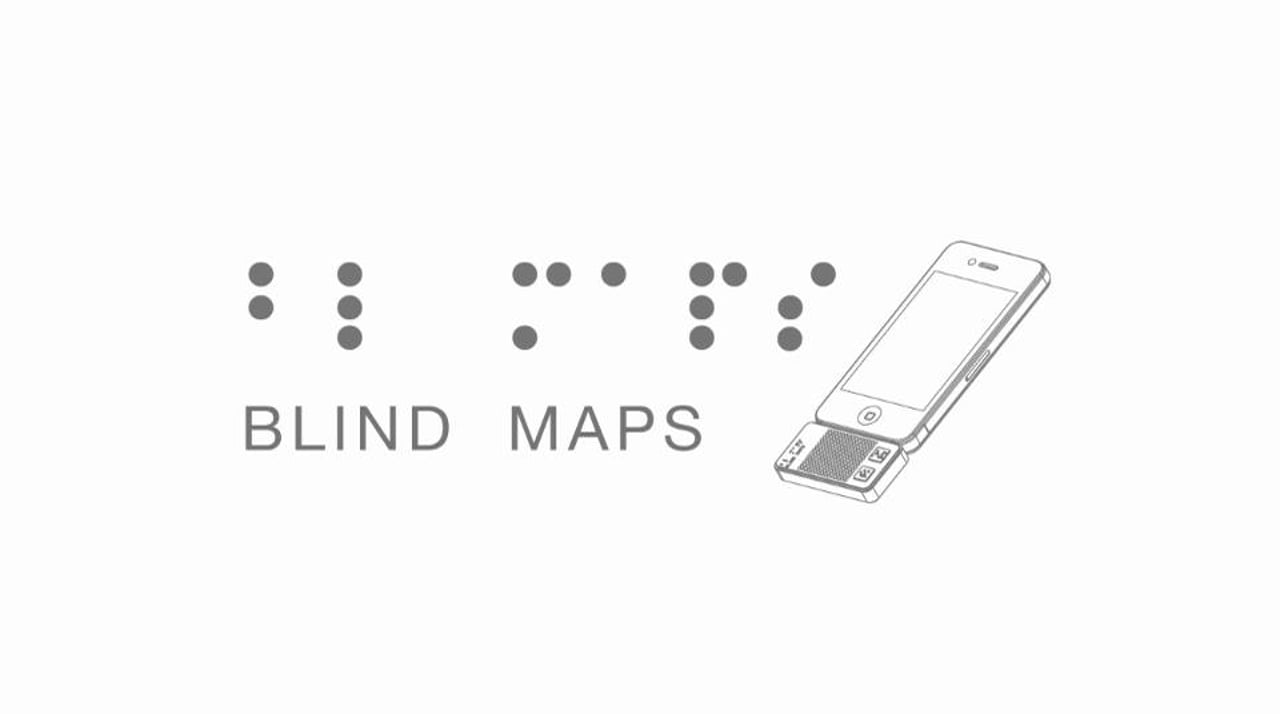
Andrew Spitz, Markus Schmeiduch and Ruben van der Vleuten took part in a 36 hour project at the Copenhagen Institute of Interaction Design…